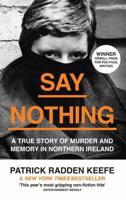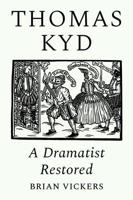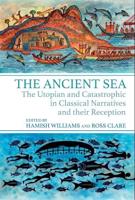Publisher's Synopsis
With the collapse of the Soviet Union in the 1990s, during an economic crisis termed its "special period in times of peace," Cuba began to court the capitalist world for the first time since its 1959 revolution. With the U.S. dollar instated as domestic currency, the island seemed suddenly accessible to foreign consumers, and their interest in its culture boomed.
Cuban Currency is the first book to address the effects on Cuban literature of the country's spectacular opening to foreign markets that marked the end of the twentieth century. Based on interviews and archival research in Havana, Esther Whitfield argues that writers have both challenged and profited from new transnational markets for their work, with far-reaching literary and ideological implications. Whitfield examines money and cross-cultural economic relations as they are inscribed in Cuban fiction. Exploring the work of Zoé Valdés, Pedro Juan Gutiérrez, Antonio José Ponte and others, she draws out writers' engagements with the troublesome commodification of Cuban identity.
Confronting the tourist and publishing industries' roles in the transformation of the Cuban revolution into commercial capital, Whitfield identifies a body of fiction peculiarly attuned to the material and political challenges of the "special period."
Esther Whitfield is assistant professor of comparative literature at Brown University.








